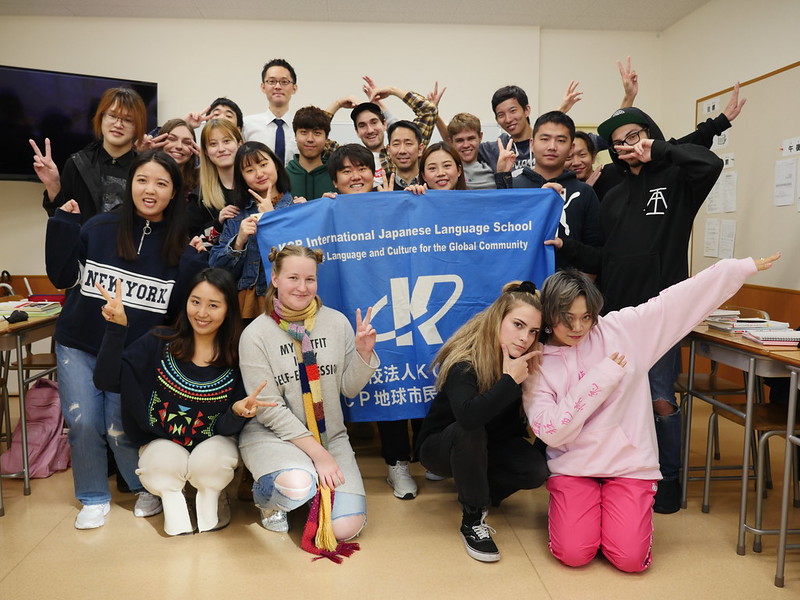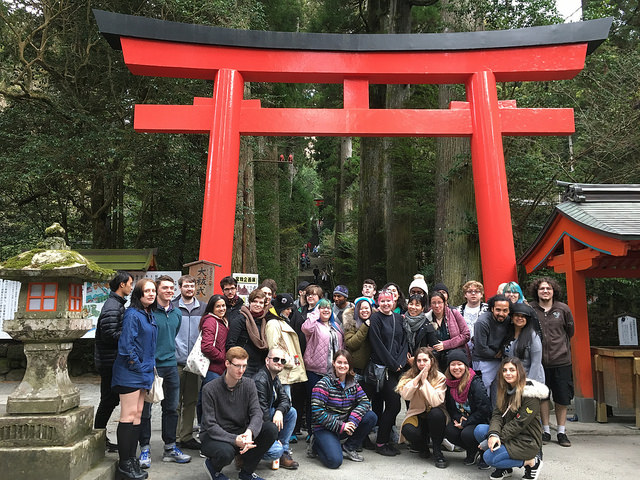
Tips on Emphasizing Your KCP Experience in Your Resume
Your Japanese language immersion experience with KCP is an impressive element of your resume. It’s not just the Japanese language that you may have learned while in Japan. Living in another country can give you a wealth of worldliness. You can come back home bringing with you newfound insights, you may see things from a different point of view and, perhaps even possess a clarity you could never have gained without your travel experience. After creating such beautiful memories, making new friends, and gaining the wisdom of another culture and language, it’s time to use these to further your success.
Here are some tips on how to use your KCP experience in your resume:
Keep it simple.
There will be a number of applicants applying for your dream job. Keep your resume simple and straight to the point. People who screen resumes won’t have the time to read through flowery, long introductions. Just focus on what’s important. Gather your experience and condense them into keywords to use to highlight and use to your advantage.
KCP Fall 2016, Yamanashi. |KCP Flickr
Explain the skills gained abroad.
Studying in another country demands much from a student. It takes having an open mind, decision making skills, meticulous planning, and speaking a whole new different language. You can highlight any of these are accomplishments in your professional resume.
The workplace is becoming more and more global. Your Japanese language skills can only be a plus on your resume. The ability to communicate in and understand Japanese, as well as have the know-how of different cultures and customs, is a valuable attribute.
Use impressive bullet points in key areas of your resume.
For anyone looking through a resume, whatever information you put is read from top to bottom. When creating your resume, imagine being the person skimming through it and doing the hiring. What will make you stand out from all the other applicants? Structure your proficiencies to give you more clout and be a cut above the rest by highlighting the most impressive details about your training. Do not however, give away everything about what you’ve learned. Always remember whatever you put in your resume will result in questions that may involve what you have gained from your experience. Be ready to expand on what you have learned. You may want to talk about other new and exciting information.
Relate your experiences to the job you’re applying for.
Use the keywords you’ve gathered and make them relevant to the position you are applying for such as “possess problem solving skills”, “the ability to adapt”, “a team player”, and “language skills in Japanese”. Use a short description of what you’ve learned and can apply in the workplace.
See more tips on getting around Tokyo on a student’s budget and cheap eats in Tokyo for a student’s budget. Visit our blog site for more highlights on Japan.
KCP S2016 completion ceremony. | KCP Flickr


